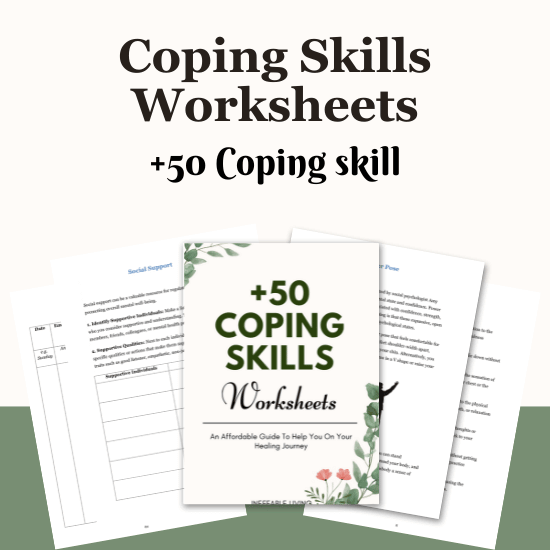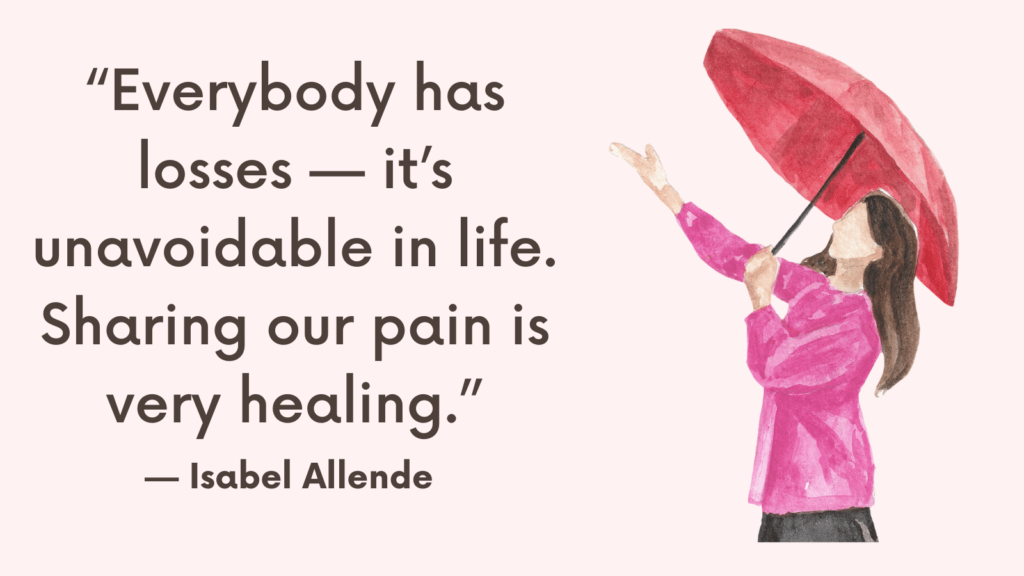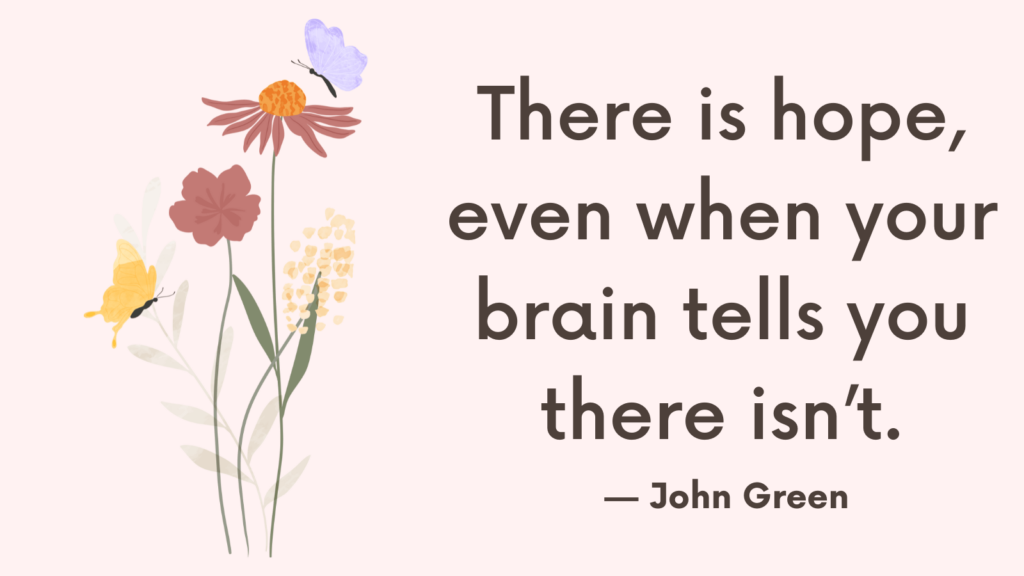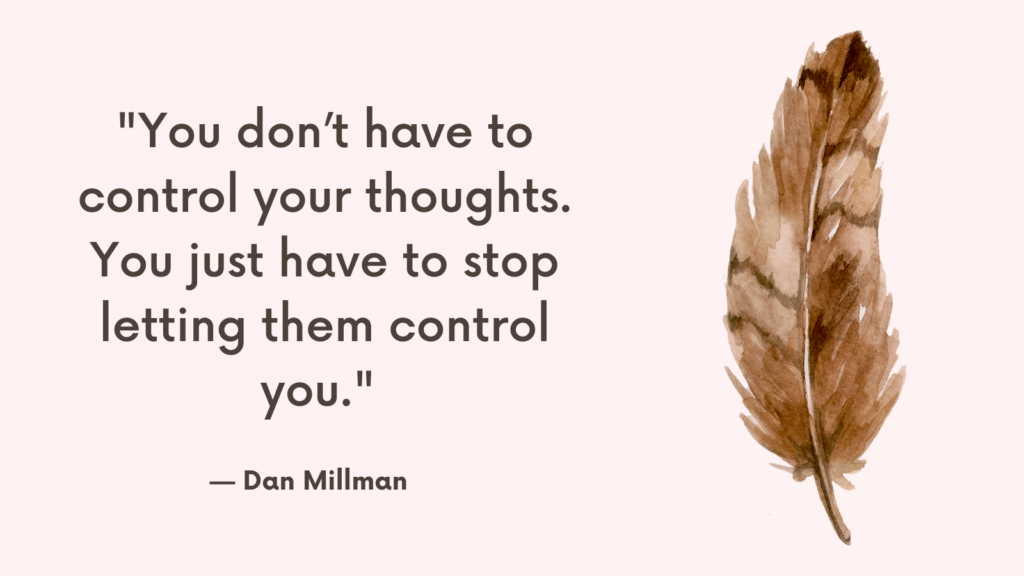This post contains some of the best tips for adult children of divorced parents.
How Divorce Affects Adult Children?
While much attention is given to the effects of divorce on younger children, adult children also face unique challenges and emotional responses when their parents decide to part ways.
Here are several ways in which divorce can affect adult children:
1. Emotional Shock and Stress
Even for adult children, the news of their parents’ divorce can be shocking and emotionally destabilizing.
They may experience a range of emotions, including sadness, anger, confusion, and betrayal.
The family unit they have known their whole life is changing, which can lead to a grieving process similar to mourning a death.
2. Altered Family Dynamics
Divorce can dramatically change family dynamics and relationships.
Adult children might find themselves caught in the middle of parental conflicts or feel pressured to take sides.
They may also experience a role reversal, where they feel responsible for supporting their parents emotionally or financially.
3. Impact on Personal Relationships
Witnessing the end of their parents’ marriage can lead adult children to question their beliefs about relationships and commitment.
This skepticism can affect their romantic relationships, potentially leading to issues with trust, commitment, and fear of their relationships failing.
Related: Top 8 Dysfunctional Family Roles
4. Changes in Family Traditions and Celebrations
Divorce can complicate family traditions and celebrations such as holidays, birthdays, and anniversaries.
Adult children may struggle with dividing their time between parents or dealing with new family configurations that include step-parents and step-siblings.
5. Sense of Loss
Adult children may mourn the loss of the family home, shared memories, and the overall sense of family unity.
This sense of loss can lead to nostalgia and longing for the past, impacting their emotional well-being.
6. Stress and Anxiety
The logistical and emotional complexities of navigating a parent’s divorce can lead to increased stress and anxiety.
This may affect their work, personal life, and mental health.
7. Concerns for Younger Siblings
Adult children may worry about the well-being of younger siblings who are still living at home and more directly affected by the day-to-day realities of the divorce.
Related: Toxic Family Quiz
8. Financial Concerns
Divorce can lead to financial changes within the family, potentially impacting adult children directly or indirectly.
They may worry about their own financial stability, as well as that of their parents.
9. Reevaluation of Childhood and Family History
Adult children might begin to reevaluate their childhood and past experiences in light of the divorce.
They may question the authenticity of their parents’ marriage and family happiness, leading to a complex reprocessing of their memories.
Tips for Adult Children of Divorced Parents
Navigating this new family dynamic requires patience, resilience, and self-care.
Here are some tips to help adult children cope with their parents’ divorce:
1. Acknowledge Your Feelings
It’s normal to experience a range of emotions, including sadness, anger, relief, or confusion.
Allow yourself to feel these emotions without judgment.
Recognizing and validating your feelings is the first step toward healing.
2. Seek Support
Don’t go through this alone.
Lean on friends, siblings, or other family members for support.
Consider joining a support group for adult children of divorced parents or seeking therapy to process your feelings and learn coping strategies.
3. Set Boundaries
Establish boundaries with both parents to protect your emotional well-being.
This might include requesting not to be put in the middle of their disputes or setting limits on the type of information you’re willing to discuss with them.
Related: Top 10 Signs You Grew Up In A Toxic Family
4. Communicate Openly
Express your feelings and needs to your parents.
They might not be aware of how their actions affect you.
Open communication can help prevent misunderstandings and promote a healthier relationship moving forward.
5. Focus on Self-Care
Prioritize your mental and physical health.
Engage in activities that bring you joy and relaxation, such as hobbies, exercise, or meditation.
Self-care is crucial during times of stress and change.
6. Maintain Relationships
Try to maintain a separate relationship with each parent, provided it’s healthy to do so.
Remember that your relationship with them is independent of their relationship with each other.
7. Stay Out of Parental Conflicts
Avoid taking sides or becoming a mediator in your parents’ conflicts.
It’s important to maintain your role as their child and not be drawn into their disputes as if you were a peer or counselor.
Related: Am I The Scapegoat Child Quiz
8. Adjust Expectations
Accept that family gatherings and holidays may change.
Be open to creating new traditions and ways of celebrating that can include both parents separately.
9. Protect Your Relationships
Be mindful of how your parents’ divorce might impact your views on relationships and commitment.
Remember that their relationship is not yours, and it’s possible to learn from their experiences without being doomed to repeat them.
10. Embrace Change
While challenging, this period can also be a time for growth and new beginnings. Be open to the changes within your family and yourself.
This can be an opportunity to strengthen bonds in new ways and to develop a deeper understanding of your parents and yourself.
Related: What Happens When The Scapegoat Fights Back?

Conclusion
Navigating the aftermath of your parents’ divorce as an adult can be complex, but with the right strategies and support, it’s possible to emerge resilient and with a deeper sense of self and family dynamics.



